Description
This is a way cool high rated coffee that almost anyone will love. Being a Kenya, it is pretty bright but if you roast it a little slower and shoot for a strong medium roast (full city), a wonder smooth and exotic cup.
This is from Kericho, which is a county in Kenya (Rift Valley Province) made famous for its tea production. After you try this cup you will wonder why it wasn’t made famous for its coffee as well.
The social message behind this coffee is equally as awesome as the taste. Make sure to check it out below!
Tasting Notes: A very fun cup to play with roast level. Very clean allowing for lighter roasts, but be a little warned, light roasts will have a strong crisp lemony floral brightness upfront that will be the dominate tone, pulls a little balance with the vegetal spice that Kenya is known for, but will produce a cup/shot all about the bright citric and floral tones.
Medium roasts mellow out the lemony acidity, letting one taste all the small complexities of the cup. Hints of floral, soft fruit, herbal spice, nut, chocolate & tea will combine to create a cup every African fan will love. Delicate & complex for a Kenya but most will still consider it plenty full flavored.
Pushing towards 2nd crack really mutes up most of the acidity and the cup gets fuller bodied. Touching or into 2nd crack gets far less sweet with strong chocolate/spice notes combining with a roasty and smoky aftertaste.
Roasting Notes: A nice medium roast will make this cup shine. If you are a higher acidity African fan, take it light, if in doubt, take it closer to 2nd crack than 1st. Roasts nice and even, wonderful prep on the beans. Setup helps mellow the acidity, if too acidic for your tastes, let it setup 3-7 days before drinking.
In 2015, the men in the cooperative agreed that women should own coffee trees. With about 70 trees each, nearly 400 women formed an association within the Kabngetuny cooperative. Having their own trees has meant that they could become cooperative members, open bank accounts, and get paid directly for the coffee they delivered to the factory. Each of these women deliver cherries from the trees they own to the cooperative’s factory located in Kericho county where coffee is received, weighed, depulped, fermented, washed and soaked for long periods of time before being laid out on raised beds to dry. Pretty common processing practices for most Kenyan coffee cooperatives. And at first, their coffee was used exclusively to create a national brand of roasted coffee called Zawadi, “the gift” in the Swahili language. But many within the cooperative, mostly the men, started to notice that the quality and yields were better than other coffees produced at the factory. These women have been making good investment decisions for their coffee trees and their families using the money they earned from the harvest. And naturally, the coffee they are producing, from one of the most renowned origins in the world, has found a place in the international market. It should be no surprise that these women have much more to do for themselves and their planet. They have succeeded in other initiatives like converting their kitchen stoves from wood to biogas fuel. Good for the environment and dramatically reducing the time required for collecting firewood each day. They are also using the same biogas technology to diversify their income beyond coffee with a maize mill project.

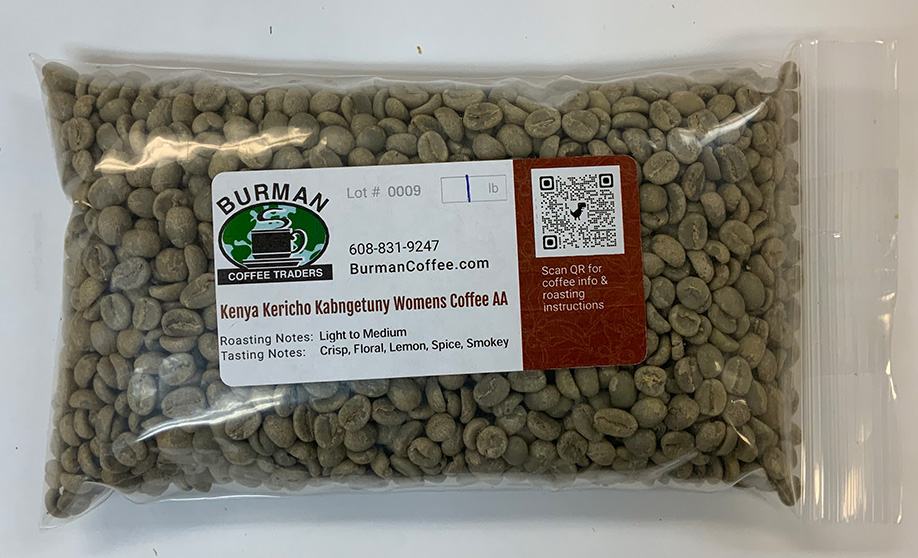
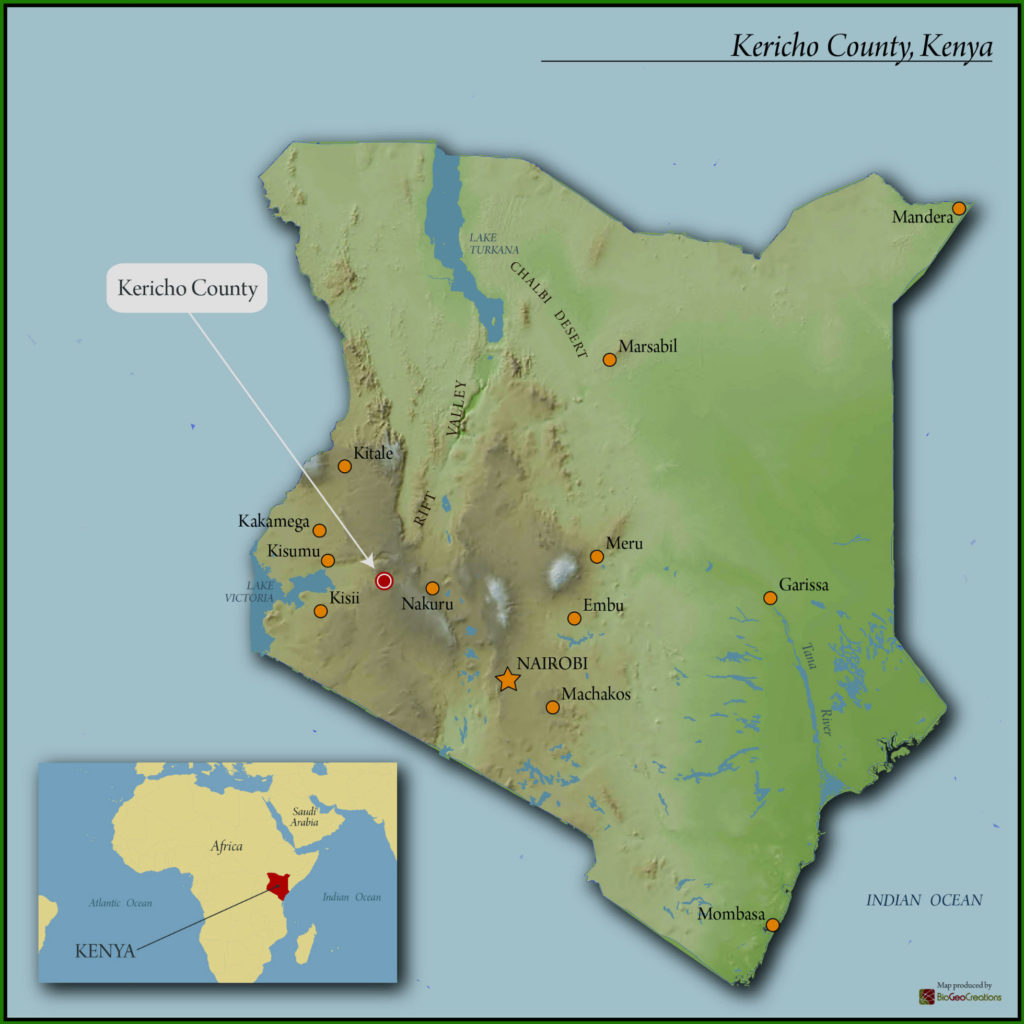
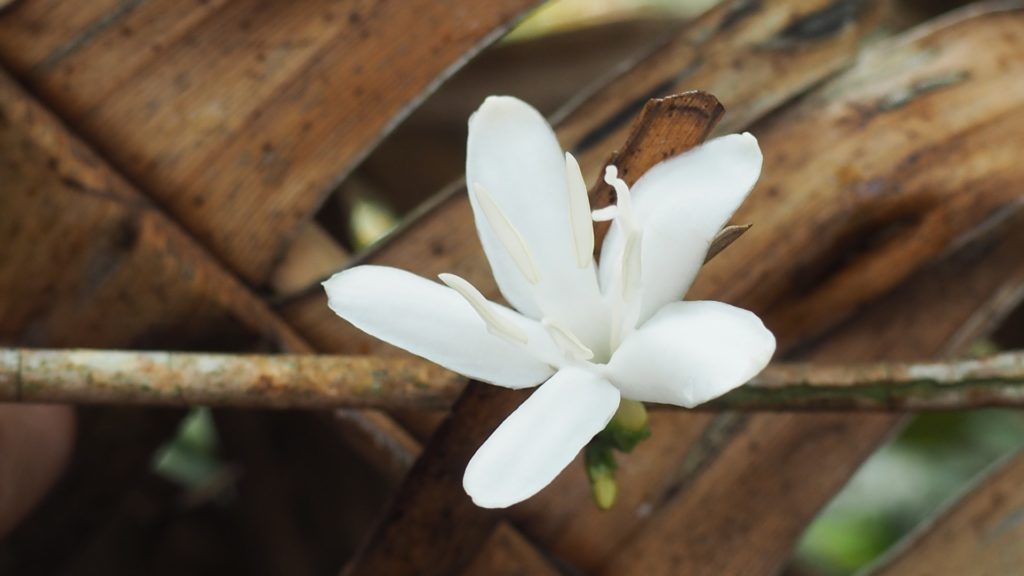
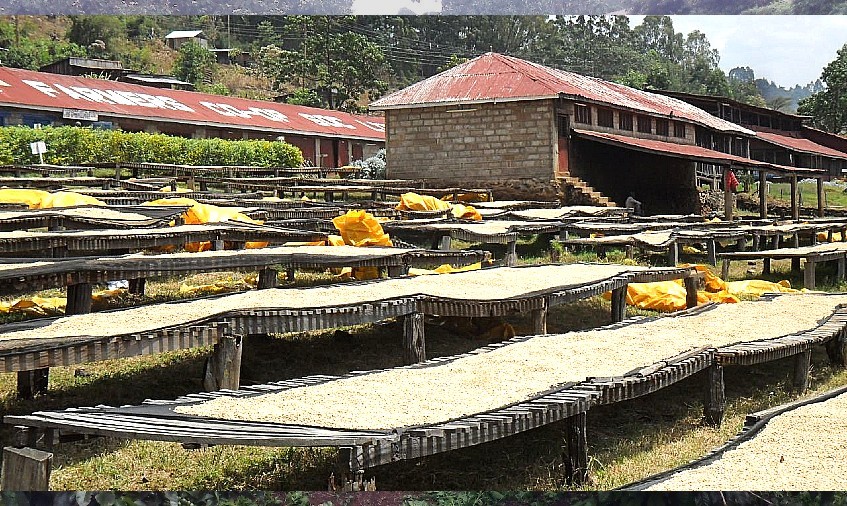
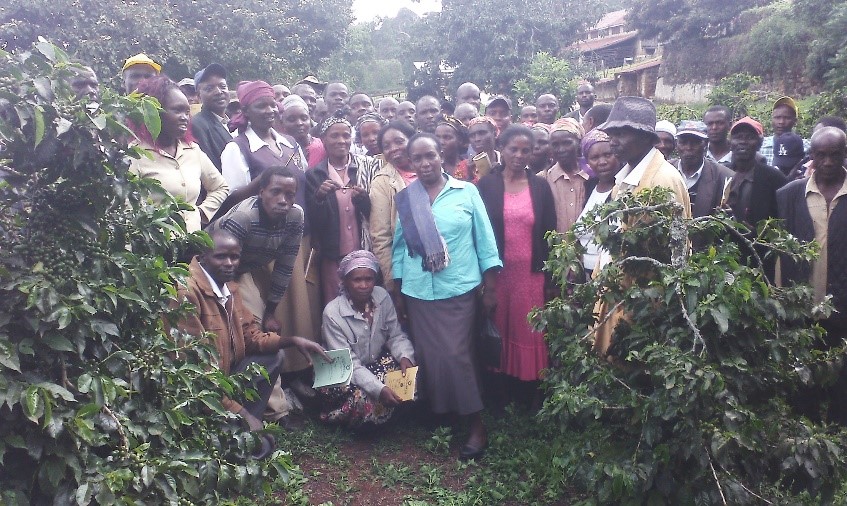
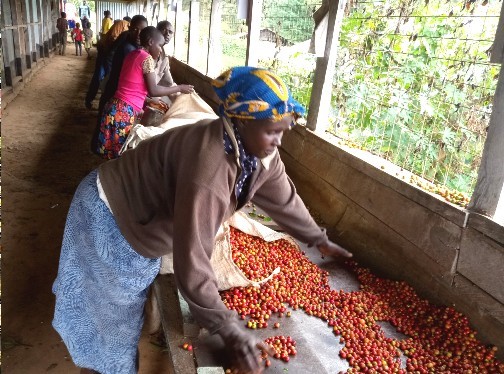



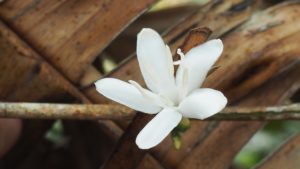
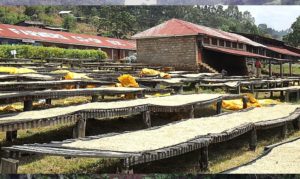
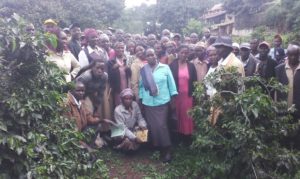
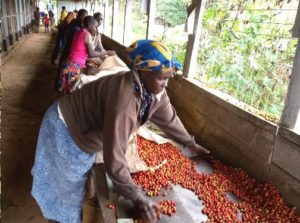





Reviews
There are no reviews yet.